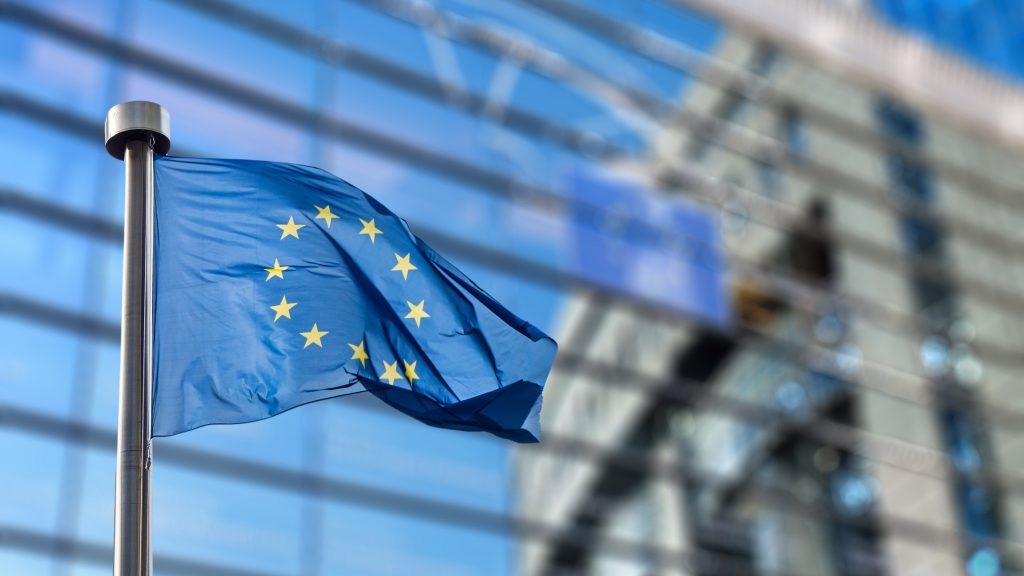European telecom providers, such as Vodafone, Deutsche Telekom (T-Mobile), Orange, Telefonica, Telecom Italia, Telenor, Telia and A1 Telekom Austria agreed to share cellular phone location data with the European Commission to help track the spread of COVID-19 and measure the pandemic’s reach.
The European Commission will use “anonymised data to protect privacy and aggregate mobile phone location data to coordinate measures tracking the spread of the virus.” However, this measure has raised privacy concerns, with growing fears of surveillance as governments seek to keep track of those in quarantine to track the infection. The EU stated that this data will be deleted once the pandemic is over. The European Data Protection Supervisor (EDPS) stated that this does not violate any privacy rules if there are protections taken. “The Commission should clearly define the dataset it wants to obtain and ensure transparency towards the public, to avoid any possible misunderstandings,” the EDPS said.
The European Commission did not specify the means it would take to anonymize and aggregate data. Also, while the worst part of the crisis could be relatively short-lived, it is unclear if the Commission will only keep this information for the most severe phases of the pandemic or if the data collection will continue until COVID-19 is eradicated.
“It would also be preferable to limit access to the data to authorised experts in spatial epidemiology, data protection and data science,” EDPS head Wojciech Wiewiorowski said. “The EDPS often stresses that such developments usually do not contain the possibility to step back when the emergency is gone. I would like to stress that such solution should be still recognised as extraordinary.”
Additionally, the World Health Organization has stated that any technology helping in the fight against COVID-19 must protect peoples’ rights and privacy.
Other countries are using this location data, such as Israel, Singapore, and China, where it seems to be effective at informing individuals if they have come into contact with someone who has tested positive for the virus and should isolate for two weeks. The United States is considering using this data as well. The U.S. government is discussing collecting this data from Facebook, Google and other tech companies to help track the spread of the virus and see if people are adhering to social distancing policies. This data will also be anonymous and aggregated, though there are still data privacy and surveillance concerns. The United States did not state how long that data would be kept.
